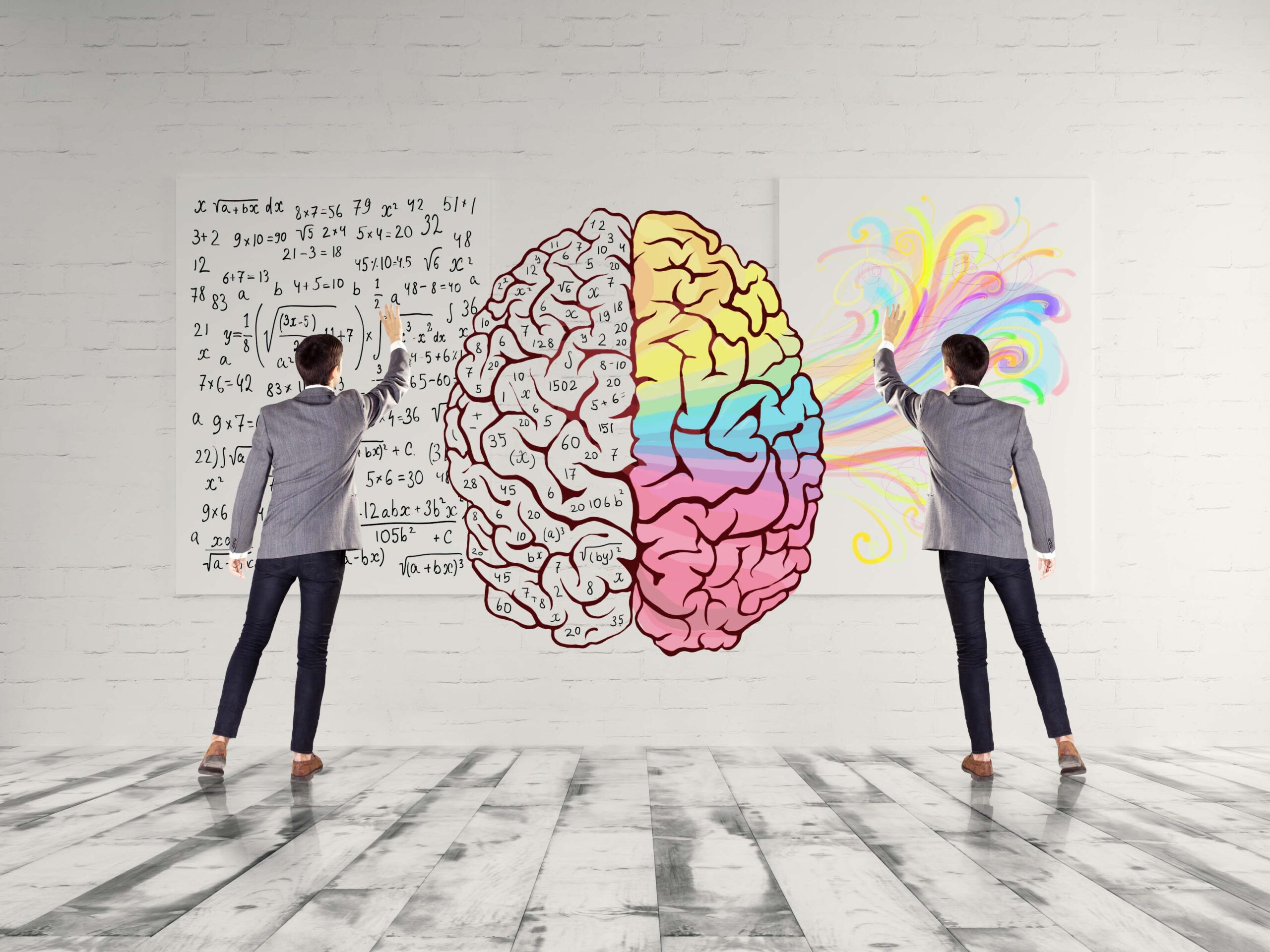Analytical Thinking
Module 1: Introduction to Analytical Thinking Module 2: Understanding Cognitive Biases Module 3: Critical Thinking Fundamentals Module 4: Analyzing Information Module 5: Identifying Patterns and Connections Module 6: Evaluating Evidence Module 7: Avoiding Assumptions and Fallacies Module 8: Developing Logical …
Overview
Module 1: Introduction to Analytical Thinking
Module 2: Understanding Cognitive Biases
Module 3: Critical Thinking Fundamentals
Module 4: Analyzing Information
Module 5: Identifying Patterns and Connections
Module 6: Evaluating Evidence
Module 7: Avoiding Assumptions and Fallacies
Module 8: Developing Logical Reasoning
Module 9: Applying Analytical Thinking in Real-World Scenarios
Module 10: Sustaining and Improving Analytical Thinking
Curriculum
- 11 Sections
- 39 Lessons
- 52 Weeks
Expand all sectionsCollapse all sections
- Module 1: Introduction to Analytical ThinkingIn this module, you will learn about the concept of analytical thinking, explore its importance in personal and professional life, and identify the benefits of developing analytical thinking skills.2
- Module 2: Understanding Cognitive BiasesIn this module, we will explore the concept of cognitive biases, understand common cognitive biases, and discuss strategies for recognizing and overcoming them.5
- Module 3: Critical Thinking FundamentalsIn this module, you will learn about the concept of critical thinking, explore the difference between critical thinking and analytical thinking, and engage with exercises and activities to develop critical thinking skills. Critical thinking is the systematic evaluation and analysis of information and ideas to form a judgment or decision. It involves identifying biases, evaluating evidence, and considering multiple perspectives to make informed decisions. Critical thinking is a valuable skill that can be applied in various aspects of life, including personal and professional settings. It helps individuals to evaluate information, identify patterns and connections, and make informed decisions.3
- Module 4: Analyzing InformationIn this module, you will learn about the concept of information analysis, explore how to evaluate sources of information, and discuss strategies for identifying and addressing information gaps. Information analysis is the process of evaluating and interpreting information to extract meaning and insights. It involves identifying patterns, connections, and relationships between different pieces of information, and using that information to make informed decisions. Information analysis is a critical skill in today's information age, where we are constantly bombarded with vast amounts of data and information. By developing information analysis skills, individuals can learn to evaluate information effectively, identify biases and inaccuracies, and make informed decisions.4
- Module 5: Identifying Patterns and ConnectionsIn this module, you will learn about the concept of pattern recognition, explore how to identify patterns and connections in data, and discuss strategies for using patterns and connections to inform decision-making. Pattern recognition is the process of identifying patterns and connections in data. It involves using analytical thinking skills to identify relationships between different pieces of information and to make informed decisions. Pattern recognition is a critical skill in today's data-driven world, where vast amounts of information are available. By developing pattern recognition skills, individuals can learn to identify patterns and connections in data, and use that information to make informed decisions.4
- Module 6: Evaluating EvidenceIn this module, you will learn about the concept of evidence evaluation, explore how to evaluate the quality and relevance of evidence, and discuss strategies for using evidence to support arguments and decisions. Evidence evaluation is the process of assessing the quality and relevance of evidence to inform decisions or arguments. It involves critically evaluating the evidence, considering multiple perspectives, and using that evidence to support arguments or decisions. Evidence evaluation is a critical skill in today's information age, where vast amounts of data and information are available. By developing evidence evaluation skills, individuals can learn to evaluate evidence effectively, identify biases and inaccuracies, and make informed decisions.5
- Module 7: Avoiding Assumptions and FallaciesIn this module, you will learn about the concept of assumptions and fallacies, explore common assumptions and fallacies, and discuss strategies for avoiding assumptions and fallacies in thinking and communication.4
- Module 8: Developing Logical ReasoningIn this module, you will learn about the concept of logical reasoning, explore how to use logical reasoning to evaluate arguments and make decisions, and discuss strategies for developing logical reasoning skills through exercises and activities.4
- Module 9: Applying Analytical Thinking in Real-World ScenariosIn this module, you will learn about the concept of applying analytical thinking in real-world scenarios, explore how to use analytical thinking in personal and professional life, and discuss strategies for applying analytical thinking to solve complex problems.4
- Module 10: Sustaining and Improving Analytical ThinkingIn this module, you will learn about the concept of sustaining and improving analytical thinking, explore how to maintain and improve analytical thinking skills over time, and discuss strategies for continuing to develop and refine analytical thinking skills through ongoing practice and learning.4
- QUIZ1
Instructor
Requirements
- High school sat/diploma or equivalent will be required.





